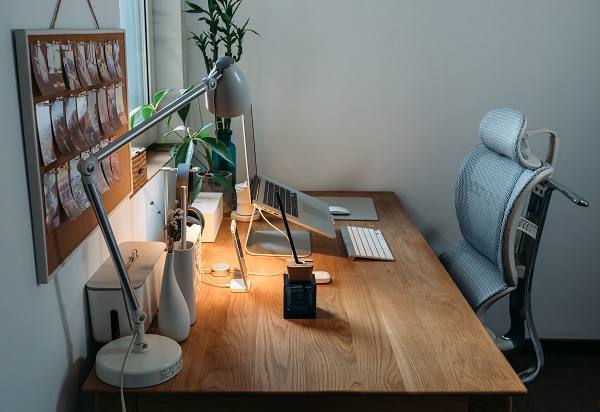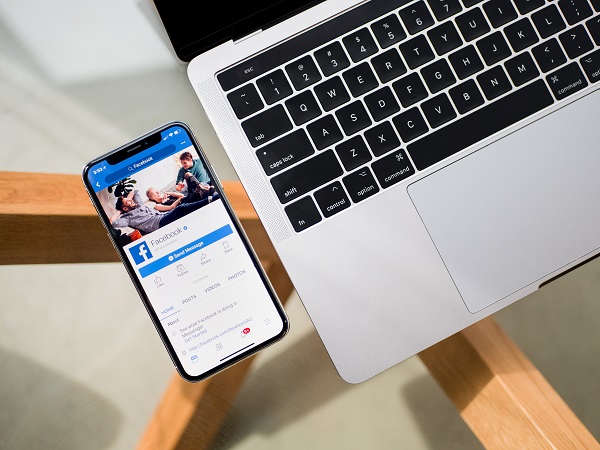The sleep
They mostly had 7 hours of sleep. There were individuals who slept much less, like Mozart, just 4 hours or Sigmund Freud, 5 hours. Most of them were morning birds whose day started about 6, maybe 7 am. Some of them would also have a quick nap during the day. Honore de Balzac or Thomas Mann were known for it.
Before work
All those great minds had different approach and ideas for this part of the day. Some of them had baths, others would read newspapers and correspondence, some of them had something light to eat like Gustave Flaubert. Charles Darwin used to walk before breakfast, but Mozart dressed up and started to compose right after getting up. Others like Kant, Le Corbusier or Milton chose meditation or other forms of mental and physical relax. Beethoven would always start his day with a coffee which he had been making of 60 grains of coffee, counted by himself beforehand.

Work
Have they always found 8 hours for work in the 24-hour day? There was no rule for the amount of time they spent working. Mozart, for instance, spent 4 hours a day composing, but on top of that he was also a tutor working for another 4 hours a day and performed for another 4 hours. That gives like 12 hours of work. Gustave Flaubert used to work around 5.5 hours a day. Thomas Mann even less – around 3 hours plus maybe about additional 90 minutes to write some articles or reviews. Victor Hugo spent like 2 hours for work. However, you may also find real workaholics among those great individuals. Sigmund Freud and Honore de Balzac worked over 12 hours a day. It does not mean they worked like 12 hours straight form 6 am to 6 pm. Usually they divided the time into few-hour periods.
Physical exercise
Walking – the most favourite exercise of creative minds. Charles Darwin used to like walking 3 times a day. Each walk took him like 30 minutes. Charles Dickens though would choose going for a 3-hour walk around London. Imagine walking around London today. Le Corbusier preferred physical workout and Victor Hugo used to do intensive exercise on a beach.
Outside work
Chatting to their families, spending time at home, meetings and socializing, reading and going out were the ‘leisure time” activities chosen by those people when they were not at work.

